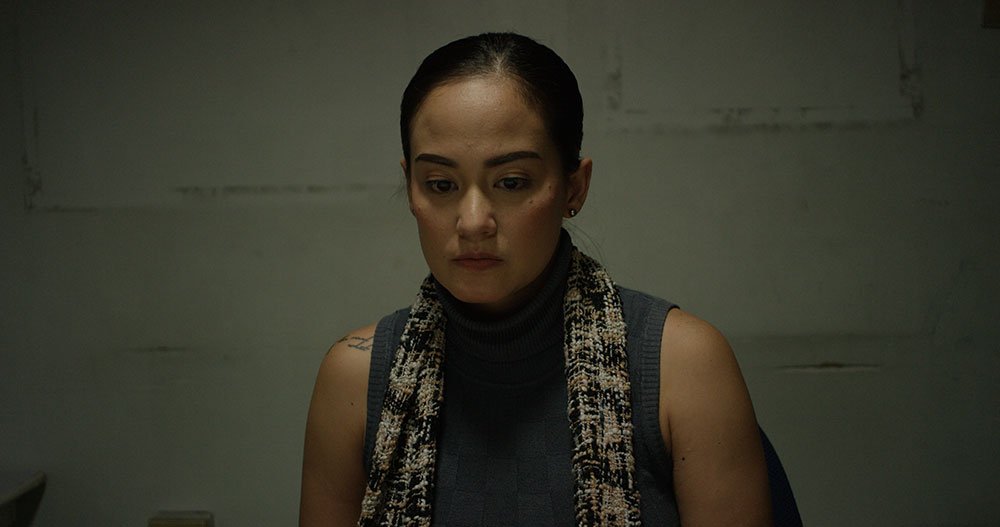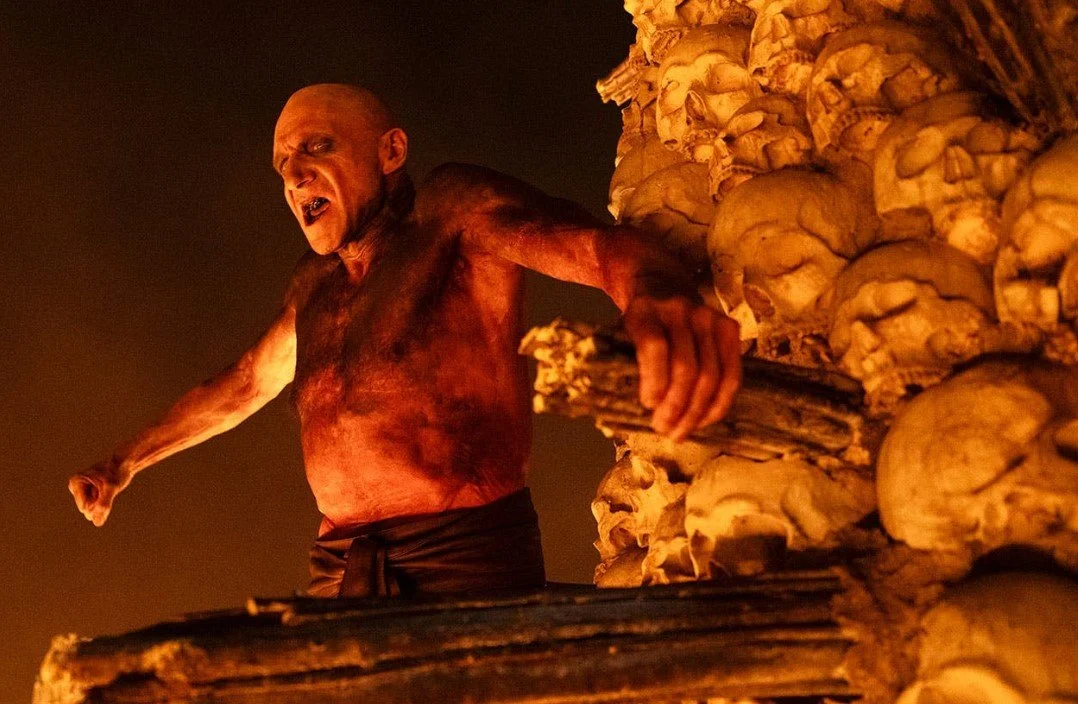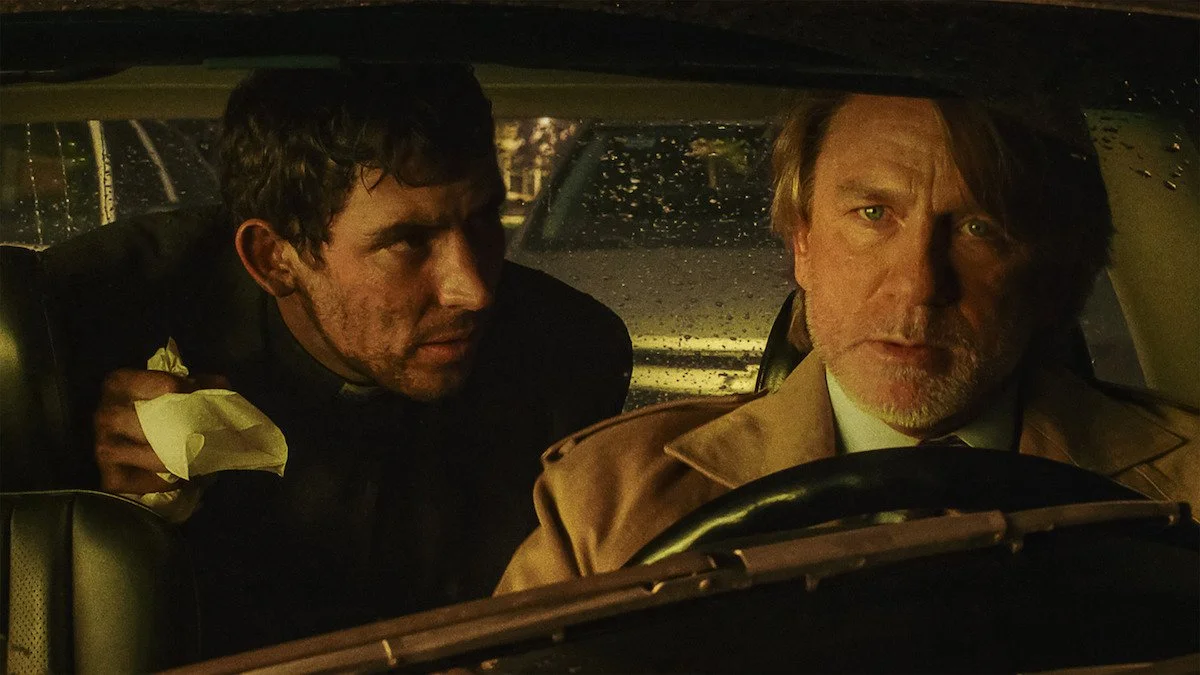‘12 Weeks’ REVIEW: Defining Control
‘12 Weeks’ REVIEW: Defining Control
Not often does a debut film strike its audience as well as 12 Weeks does. It’s a film whose personal intimacy speaks to the experience of director Anna Matutina. Given her background directing documentaries via GMA’s i-Witness, it's interesting to see her shape the female experience in a way that is personal and cathartic, albeit contextually and politically scattered at times.
Centered around 40-year old Alice, the film details the struggles of a humanitarian worker whose life is upended by the simultaneous occurrence of two things: the 2017 Marawi siege, and the surprise pregnancy caused by her ex-boyfriend, Ben. With these, the film is an upstart attempt to portray a woman’s distress in navigating multiple struggles at once: her role into motherhood, her relationships with family and friends, and her career aspirations.
Much of the praise heaped on this film can be attributed to two things: Max Eigenmann’s performance as Alice, and the film’s navigation of space complemented by silence and an intimately-zoomed camera. With Eigenmann’s performance, the audience is treated to a complex, understated portrayal of a woman who seeks to break through many of the forces binding her. Her struggles aren’t explicitly stated, but the interactions are made clear enough that the audience can reasonably identify with each one with ease. Additionally, much of the film’s ability to work around tight spaces adds to the personal depth which defines Eigenmann’s alice. It’s a creative decision that certainly accentuates the film’s themes, to an extent that it alone carries much of the staying power.
With that in mind, the film itself is really best seen in how the rest of the characters around Alice elevate the conflict. In Vance Larena’s Ben, we see the patriarchy embodied in his rather casual ability to re-enter Alice’s space with ease despite being separated. With Bing Pimentel’s Grace, we see a mother struggle to contend with the rebellious nature of her 40-year old daughter and her irresponsible habits. There’s plenty of ways in which the cast goes along, and much of their power is drawn from the ability to interact with Alice in a way that consistently pushes her to a state of constriction, defined well through the elements cited previously.
However, if there’s anything that denies the film’s ability to fully make a progressive statement, it is in the ways by which it inserts current political issues into the fold. There’s a particular series of sequences where Alice, herself, is seen donning the “Never Again” shirt, supposedly to add to the film’s emblematic theme of resistance. That, and the oft-awkward application of protest footage diminishes the film’s political themes in a way that sometimes feels hamfisted. Not that it’s insulting, but with such a film whose focus feels much, much more personal than social, the explicitly political statement tied to such objects robs attention from the film’s more personal feminine struggles. Such a dogmatic approach could’ve been positioned in a more subdued, yet similarly sound manner.
At the very least, these shortcomings in political messaging don’t fracture the center of the film: that being the pursuit to find a woman’s agency in the midst of oppressive powers. Though unrefined in some aspects, 12 Weeks still finds itself to be a striking feminist examination from the mind of Anna Matutina.
12 Weeks, previously screened in this year’s Cinemalaya Film Festival, was screened as part of QCinema 2022’s Asian Next Wave competition lineup.















